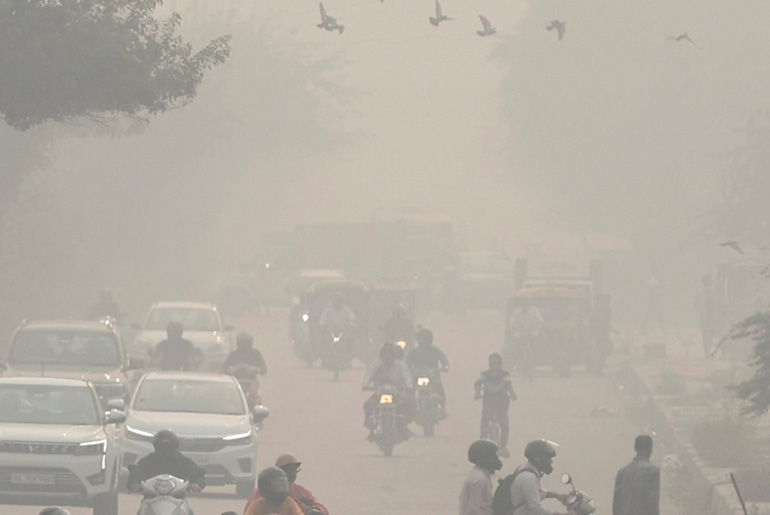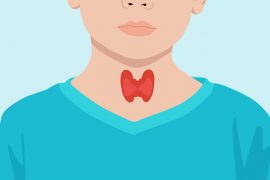The air quality in Indian cities, especially in the national capital, Delhi, has once again reached alarming levels, posing a significant threat to public health. According to data from the System of Air Quality and Weather Forecasting and Research (SAFAR), Delhi’s Air Quality Index (AQI) is currently in the ‘very poor’ category. This toxic air, coupled with seasonal factors, is endangering residents, particularly those with pre-existing respiratory conditions such as chronic heart or lung diseases. Experts warn that the poor air quality could worsen viral infections and respiratory ailments in vulnerable groups.
Forecasts from the Indian Institute of Tropical Meteorology suggest that the AQI may further deteriorate by Sunday, with stubble burning in neighboring areas contributing to the worsening situation. The spike in air pollution follows the recent Dussehra celebrations and comes just ahead of Diwali, both of which are known for contributing to poor air quality due to the use of firecrackers.
Certain groups are at greater risk from this hazardous air, including children under the age of 18, adults over 65, people with diabetes, and pregnant women. Outdoor workers and individuals who engage in rigorous outdoor activities, such as serious exercisers, are also at heightened risk due to prolonged exposure. Experts advise these high-risk groups to take extra precautions to protect themselves from the adverse effects of air pollution, which can lead to serious health complications.
These steps you outlined provide a comprehensive approach to mitigating the risks associated with poor air quality, especially during periods of high pollution or temperature inversion. Let’s summarize them:
- Monitor Air Quality Index (AQI): Keep a close watch on AQI levels, particularly during winter when temperature inversion can trap pollutants. An AQI between 0-49 is considered safe, but anything above 300 is hazardous.
- Stay Indoors During Peak Pollution: Limit outdoor activities, particularly during high-traffic hours when pollution is most concentrated.
- Wear Proper Masks: Use N95 or P100 masks to filter out harmful particles like PM2.5 and PM10, whether due to general pollution or other concerns like COVID-19.
- Maintain Clean Indoor Air: Use air purifiers and indoor plants, like succulents, to improve air quality inside the home by filtering out pollutants and increasing oxygen circulation.
- Healthy Diet: Consume a well-balanced diet rich in nutrients, antioxidants, and vitamins to support respiratory health and help your body combat the effects of pollution.
- Stay Hydrated: Drink adequate amounts of water daily to flush toxins from your system and maintain overall health.
- Consult a Physician: For individuals with respiratory issues or underlying health conditions, regular consultations with a doctor are crucial during periods of toxic air.
- Follow Medication Regimens: Ensure regular intake of prescribed medications, particularly for those with pre-existing health conditions.
Following these strategies will help reduce the adverse health effects of pollution, especially in urban environments where air quality can rapidly deteriorate.
Disclaimer:
The information contained in this article is for educational and informational purposes only and is not intended as a health advice. We would ask you to consult a qualified professional or medical expert to gain additional knowledge before you choose to consume any product or perform any exercise.







